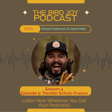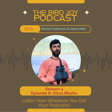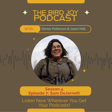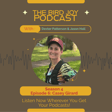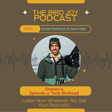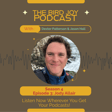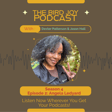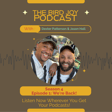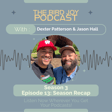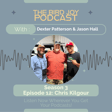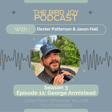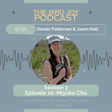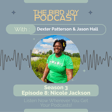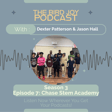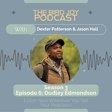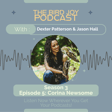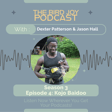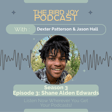
Riding on the Wings of Joy with Dr. J. Drew Lanham
The second episode of The Bird Joy Podcast features hosts Dexter Patterson and Jason Hall in conversation with their "dream guest," Dr. J. Drew Lanham, a distinguished wildlife ecologist, professor, poet, and author. The episode delves into Dr. Lanham's deep connections to nature, starting with his childhood on The Home Place and the influence of his grandmother.
The discussion explores themes of land, identity, and belonging for Black individuals in landscapes with a history of slavery, referencing Dr. Lanham's book The Home Place. It also discusses the realities of "Birding While Black," including the experience of being watched and the question of safety, while also touching on the progress and necessary changes brought about by initiatives like Black Birders Week.
A significant portion of the conversation centers on the concept of "Joy as Justice," the title of Dr. Lanham's latest poetry collection. They explore why joy is central to his work and its meaning as a form of resistance. They also discuss navigating grief alongside the wonder of nature.
The hosts and Dr. Lanham touch upon the power of storytelling in conservation, blending science with poetry, and the impact of his writing, referencing his BirdNote episode "For Lindsay." The episode concludes with a discussion on legacy, advice for young Black and Brown nature enthusiasts, and Dr. Lanham's hopes for the future of birding and the outdoors.
The hosts thanked Dr. Lanham and provided information on where listeners can find his work before signing off. They also shouted out relevant organizations and called listeners to action.
